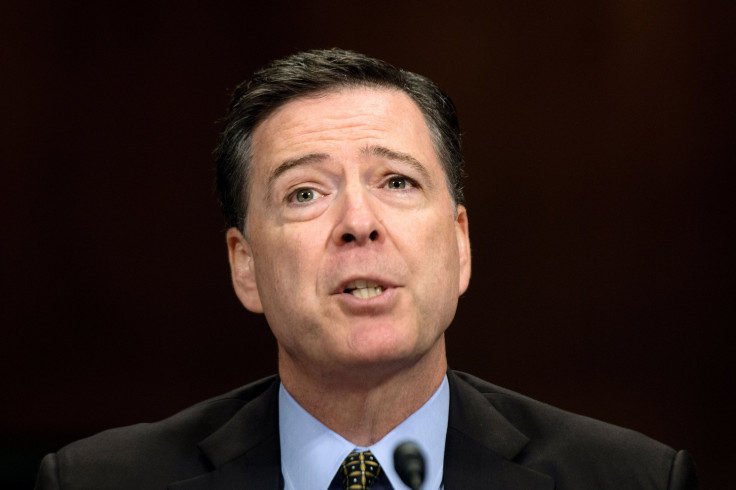FBI iPhone Hacking Tools: Agency Paid $900K To Unlock San Bernardino Shooter's Phone, Senator Reveals

The FBI paid $900,000 to unlock the iPhone of one of the San Bernardino shooters, Sen. Diane Feinstein, D-Calif., revealed during questioning of Director James Comey.
"I was so struck when San Bernardino happened and you made overtures to allow that device to be opened, and then the FBI had to spend $900,000 to hack it open," Feinstein said during last week's Senate Judiciary Committee hearing. "And as I subsequently learned of some of the reason for it, there were good reasons to get into that device."
Read: San Bernardino Shooting Victims' Families Accuse Twitter, Facebook, Google Of Supporting ISIS
The encrypted iPhone belonged to one of the San Bernardino shooters, Syed Farook who, along with his wife, Tashfeen Malik, killed 14 people in December 2015.
The revelation that U.S. officials paid nearly $1 million to break into the device resulted from Apple's refusal to unlock it at the FBI's request. The FBI decided to drop a lawsuit against Apple and instead is believed to have hired Israeli firm Cellebrite to break into the iPhone.
After the FBI unlocked the iPhone, Apple CEO Tim Cook said in a statement the company refused to help unlock the device because it would have set a “dangerous precedent.”
“From the beginning, we objected to the FBI’s demand that Apple build a backdoor into the iPhone because we believed it was wrong and would set a dangerous precedent,” Cook said in March 2016. “Apple believes deeply that people in the United States and around the world deserve data protection, security and privacy. Sacrificing one for the other only puts people and countries at greater risk.”
Read: Apple Hires Security Expert That Helped Company During FBI San Bernardino iPhone Dispute
Feinstein’s revelation was pointed out by the Associated Press, which noted the information on the price to unlock the phone and the identity of the firm that helped break into the device was classified information. The Associated Press, Vice Media and Gannet filed a lawsuit earlier this year to force the FBI to reveal classified information about the San Bernardino case, including the price paid to break into the phone and the identity of the vendor U.S. officials hired to unlock the device.
The Justice Department said in court filings the information was properly classified, and claimed that if the data is released it could be seized by "hostile entities" that could develop their own countermeasures and interfere with the FBI's intelligence methods.
In January, the FBI revealed more than 100 pages of documents of the shooter's iPhone after pressure from media outlets. The records were heavily redacted and provided little information. However, the documents revealed multiple contractors bid on the job, but the exact identity of which firm that was hired to unlock the iPhone and the price for breaking into it were not disclosed.
© Copyright IBTimes 2025. All rights reserved.





















